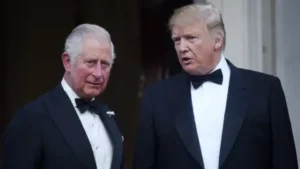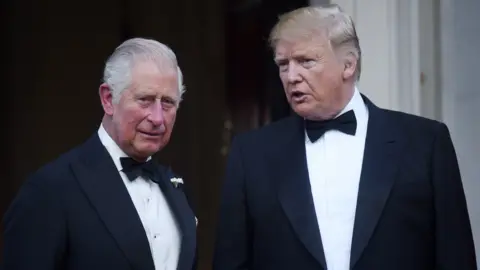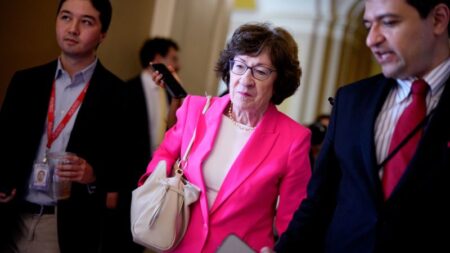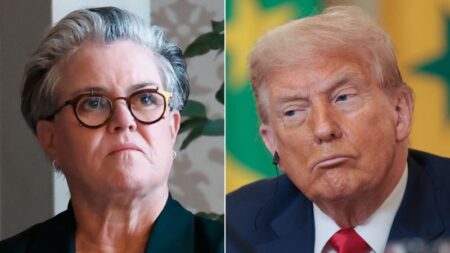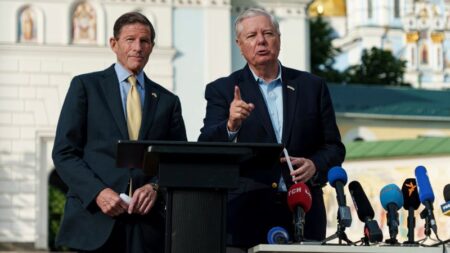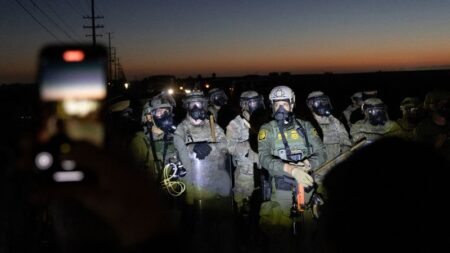On July 13, 2025, the announcement arrived from Buckingham Palace that former U.S. President Donald Trump has graciously accepted the invitation of King Charles III for a second state visit to the United Kingdom. This momentous occasion is set to take place from September 17 to 19, and it marks a significant diplomatic engagement between the nations, uniting Trump with King Charles III and Queen Camilla for what promises to be a historic gathering at Windsor Castle.
The choice of Windsor Castle as the venue for this state visit is particularly notable. Traditionally, such events are hosted at the opulent Buckingham Palace; however, ongoing renovations at the palace necessitated a shift to the historic grounds of Windsor. Trump’s first state visit occurred in June 2019, during his initial term, when he was graciously hosted by the late Queen Elizabeth II. This new state visit, under King Charles’s reign, represents a continuation of the special relationship between the United States and the United Kingdom.
During Trump’s second visit, he will be joined by his wife, First Lady Melania Trump. The Buckingham Palace announcement outlined that despite the traditional absence of state visits for second-term presidents, the monarch has extended this invitation to Trump, a gesture indicative of mutual respect and the strong ties shared between the two nations. Although the full itinerary of events has not yet been divulged, it is customary for such visits to include a ceremonial welcome and a lavish banquet held in St George’s Hall, also within Windsor Castle.
The royal family, including the Prince and Princess of Wales, who reside on the Windsor estate, will play active roles during this significant state visit. Recently, French President Emmanuel Macron experienced a similar welcome at Windsor, marking a return to this historic venue for state visits after many years. Macron’s trip included a carriage procession, a lively event that demonstrated the grandeur associated with royal visits; however, it remains uncertain if Trump’s itinerary will include such public-facing events. Security concerns often dictate the level of public exposure during a U.S. president’s state visit, a reality that was evident during Trump’s 2019 trip when he was transported between venues primarily by air instead of using ground transportation.
As preparations for the visit continue, the possibility of Trump addressing the UK Parliament remains ambiguous, as the House of Commons will be in recess for party conference season during his visit, although the House of Lords will still be in session. The invitation from King Charles came during a meeting at the White House in February 2025, where British Prime Minister Sir Keir Starmer presented the invitation while sitting alongside Trump, who expressed his gratitude and enthusiasm for such an honor. He remarked on the significance of being welcomed at Windsor, emphasizing the historical importance of this royal venue.
This state visit follows King Charles’s recent engagement in Canada, marking the inauguration of Prime Minister Mark Carney’s leadership by opening the Canadian parliament. Many Canadians perceived this visit as a reaffirmation of support, especially in light of previous tense exchanges regarding tariffs imposed by the U.S. on Canadian exports.
The invitation to Trump represents a strategic move by the British government, leveraging soft diplomacy to foster goodwill with the former president, who has openly expressed admiration for the monarchy. Trump’s comments in April demonstrated his friendship with Charles, highlighting the respect he holds for the royal family, including Prince William. Starmer has strategically sought to address key issues such as the war in Ukraine and strive for improved trade relationships, further signifying the importance of this upcoming diplomatic meeting.
In conclusion, Trump’s visit this September is set to be a landmark moment for UK-U.S. relations, embodying a blend of royal tradition, diplomacy, and historic engagement. As the world watches closely, this visit may potentially shape future discourse regarding significant issues that continue to influence the relationship between the two countries, reinforcing the enduring nature of their alliance in turbulent times.

